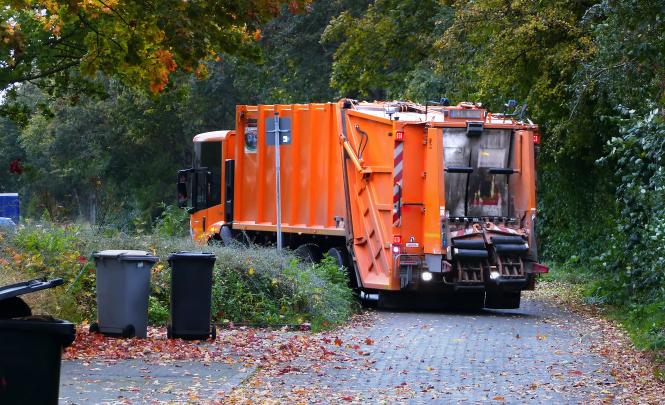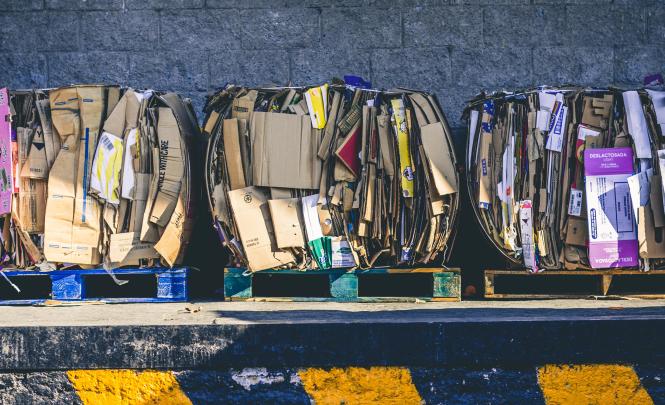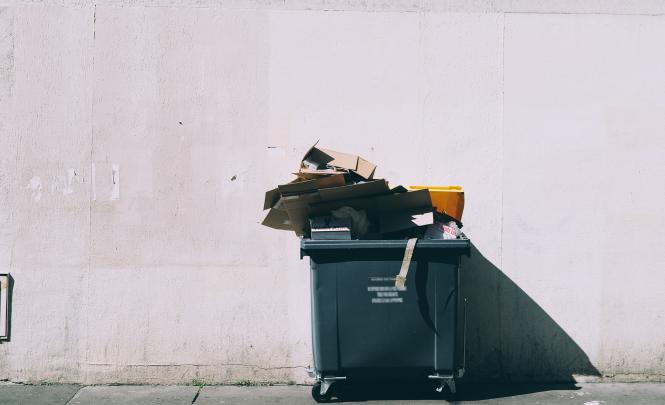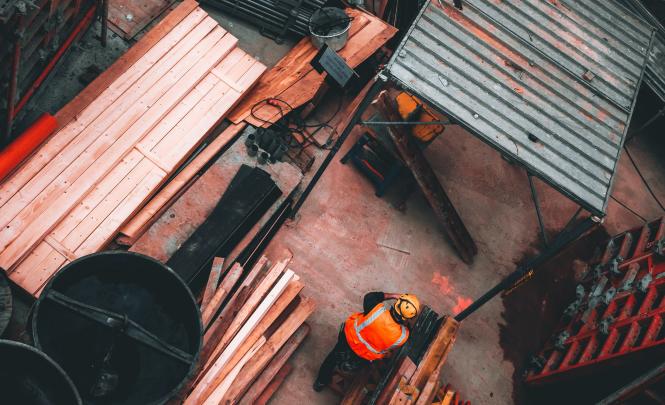Extended Producer Responsibility (EPR)
Extended Producer Responsibility (EPR) is exactly what it sounds like. Producers sell products. When those products reach their end of life, they become waste—waste that has traditionally been managed and paid for by municipalities. EPR places the responsibility of end-of-life products on producers, saving municipalities money as the costs for the recycling system will now be accounted for in the cost of a product, not in property taxes or utility rates.
While EPR is not a new concept for producers or suppliers, it is a new concept for Albertans. EPR presents several positive opportunities for municipalities in Alberta:
- Reduced costs for municipalities: The industries that create certain materials will now be responsible for the collection and management of those materials at the end of their product life.
- Increased recycling of products: Since producers are responsible for recycling the products they create—they have an incentive to ensure fewer products end up in our landfills or are disposed in other ways.
- Steps towards an Albertan circular economy: Products that previously ended up in the waste stream are redirected and recycled into new products to be used again and again. This means more job creation, more economic investment, and larger economies.
Nov 30, 2022: The Government of Alberta passed regulations for EPR, including eligible materials and recycling targets for materials. The Alberta Recycling Management Authority (ARMA) was named as the oversight body.
April 1, 2024 - Producers were required to confirm to ARMA their arrangements with municipalities to meet their obligations to collect and manage designated materials.
April 1, 2025 - Producers were required to provide a no-charge common collection recycling system for any single-family and multi-family dwellings that had a common collection system as of November 30, 2022. At this point, producers have now taken over operations of curbside recycling collection and depots.
July 1, 2025 – Municipalities were required to finalize contract negotiations for the second phase 1 onboarding to the EPR program. Deadline for municipalities to finalize contract negotiations with Circular Materials for the second Phase 1 onboarding to the EPR program.
October 1, 2026 - Was the deadline for producers to provide a no-charge common collection recycling system (or alternative) for any single-family or multiple-family dwelling not receiving collection services as of November 30, 2022.
Alberta Environment and Protected Areas (Regulations):
Contact: AEP.RecyclingRegulation [at] gov.ab.ca (AEP[dot]RecyclingRegulation[at]gov[dot]ab[dot]ca)
Alberta Recycling Management Authority (Oversight):
Designated oversight body for EPR. This means they are responsible for ensuring that everyone undertakes their required roles in the system and achieves the results required by regulation. ARMA also registers municipalities to participate in EPR. Contact ARMA for specific information about registration and reporting requirements.
Contact: epr [at] albertarecycling.ca (epr[at]albertarecycling[dot]ca)
Circular Materials (Operations):
Producer Responsibility Organization for Packaging and Paper Products. Circular Materials also has a working group for EPR called ‘Circular Materials Alberta Municipal Working Group to directly answer questions from municipalities.
Contact: ABoperations [at] circularmaterials.ca (ABoperations[at]circularmaterials[dot]ca)
Product Care (Operations):
Producer Responsibility Organization for Hazardous and Special Products.
Contact: alberta [at] productcare.org (alberta[at]productcare[dot]org )
Alberta Municipalities (ABmunis):
Coordinates advocacy, and administers the Municipal EPR Working Group. Contact us with any EPR questions and we’ll help you find answers.
Contact: kylie [at] abmunis.ca (Kylie Hill), Policy Analyst at Alberta Municipalities

Registering for EPR
Municipalities must indicate their interest by registering with the Alberta Recycling Management Authority (ARMA) to be eligible for EPR. The following steps give you an overview of the registration process with ARMA.

EPR Regulations
EPR only applies to certain residential materials and excludes institutional, commercial, and industrial materials. The regulations also outline what service standards producers must achieve.

Extended Producer Responsibility Webinars
The transition to Extended Producer Responsibility in Alberta will be complex. To help communicate and answer questions ABmunis and ARMA are holding webinars on different aspects of EPR.

Alberta Collaborative Extended Producer Responsibility Study
ABmunis advocated for EPR to be implemented in Alberta. In 2019, ABmunis, with our partners commissioned the “Extended Producer Responsibility for Residential Packaging and Paper Products: Alberta Collaborative Extended Producer Responsibility Study.”